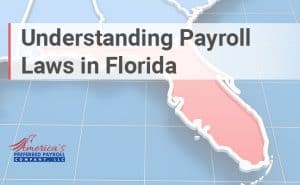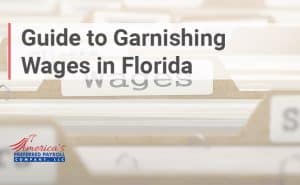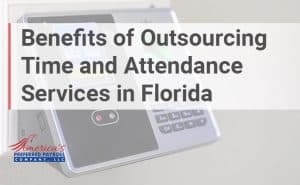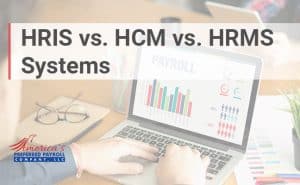Most restaurant owners and managers are hesitant to tackle the payroll challenge for good reason. Running a restaurant payroll can be the most challenging component of running an enterprise in this demanding industry. Restaurant owners and managers are turning to payroll specialists, choosing to focus on thriving in their own niche while letting the number-crunchers handle payroll hurdles. Let’s take a look at how payroll is processed for restaurants.
The Basics of Payroll for Restaurants
There is a common misconception that processing restaurant payrolls is a quick, clean, and easy digital process. Your business needs its Employee Identification Number, also known as the EIN, in hand, along with state tax identification numbers. A payroll schedule, W-4 forms, I-9 forms, and other relevant employment forms are also necessary. Furthermore, restaurants and other businesses need distinct bank accounts to compensate employees and pay taxes.
Once all the necessary information is in place, it is time to establish the payroll system with specialized software. Take a look at the tech solutions for processing payroll, and you’ll find the market is inundated with options. Lean on the payroll professionals for guidance, and you’ll be able to focus on your own work.
Sweat the Small Stuff of Pay Rates, Tips, and Overtime
Restaurant payroll processing and employee compensation are unique in requiring attention to tips and base wages. Those that take tip credits are required to report tips as paid to employees every single day without exception. Fail to report tips paid to employees, and you’ll encounter problems with payroll processing, taxation, and the law. The remainder of tipped employees are to report their tip payments monthly, ensuring tax payments are fully accurate.
Every restaurant owner, manager, and payroll processor should keep two copies of reported tips in the event that an employee issues a formal complaint or an IRS audit. The Fair Labor Standards Act, or FSLA for short, mandates that tipped employees be provided with the wage amount and the tip credit cap. The tip credit is not allowed to be greater than the aggregate number of tips earned by the employee. Employers are challenged with documenting wages provided to employees to ensure the minimum wage requirement is met. If minimum wage requirements are not met by the tip credit, the difference is to be made up by the employer.
If tips are shared among restaurant employees, the business is to pay each employee the minimum wage as opposed to a reduced wage. If a tipping policy is not instituted, employees retain their tips. Those paying reduced wages to tipped employees are to gather timesheets to determine employee gross pay, gather tip reports from tipped workers, determine the difference between required minimum wage and reduced minimum wage and also calculate taxes due. These are just a couple of examples of the nuances of restaurant payroll processing and employment compensation challenges. Keep your finger on the pulse of the progression of restaurant tipping laws, and don’t hesitate to consult with payroll processing experts for guidance.
Forthright and Detail-oriented Employees Facilitate Payroll Processing
Hardworking restaurant employees also have an important role in ensuring that restaurant payrolls are processed accurately down to the last penny. Employees are required to record tips and report them if they amount to $20 or more. All tips provided to employees, be it through credit card, debit card, tip pool, or check, are to be reported. Ideally, the IRS official Form 4070 as provided within Publication 1244, will be used to track employee tips paid within the month. The IRS sets strict deadlines for form submission, prompting restaurant owners and managers to rely on payroll processing experts for guidance.
Payments, Benefits, Taxes, and Records
Employees are compensated with gross wages on payday through deductions and withholdings subtracted. However, processing payments is not the end of payroll. Payroll taxes must also be filed with the appropriate government agencies. Surf the web over to the revenue departments of state/federal government departments, and you’ll find detailed instructions regarding how to pay taxes. Finally, benefits are the last piece of the employee benefit puzzle. Lean on a payroll processing team to handle deductions for retirement programs and health insurance as appropriate, and you’ll be liberated to focus on your business.
The best restaurant payroll processors maintain meticulous records of your restaurant’s payroll across three years. This way, if there is an audit, you’ll have all the paperwork you need for compliance. However, maintaining flawless records is challenging, regardless of whether they are in digital or physical format. Instead of attempting to piece together the puzzle of payroll for restaurants on your own, let the payroll specialists provide ongoing guidance that empowers you to narrow your focus on your strengths.
Contact America’s Preferred Payroll Today
America’s Preferred Payroll is here to handle your restaurant payroll processing, benefits administration, time and attendance, compliance challenges, and more. Contact us today at (813) 865-4205 to learn more about how we can help your restaurant or other business reach its potential.













